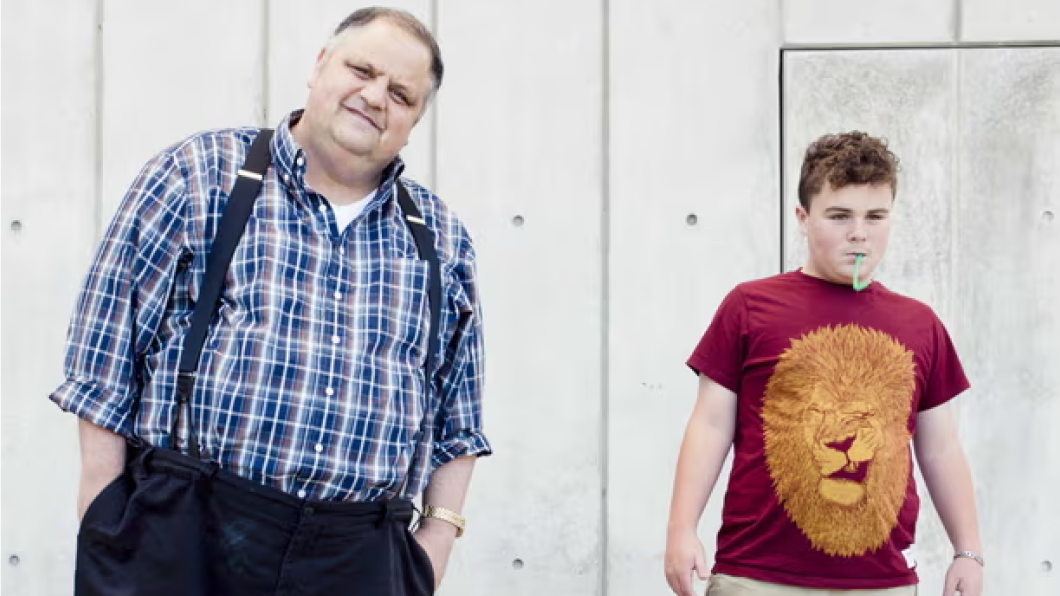
Remembering NeuroTribes author Steve Silberman
Steve Silberman and Leo Rosa, 14, who he wrote about in his book NeuroTribes. Photo by Carlos Chavarría for this Guardian piece.
By Louise Kinross
I first corresponded with author Steve Silberman in 2013. He’d written a piece in WIRED about how the unique brain wiring of people with autism, ADHD and dyslexia has benefits. Steve, who later wrote NeuroTribes, a groundbreaking book on the history, nature and value of autism, died last week.
Back in 2013 I asked him if he thought intellectual disability fit in the neurodiversity fold and he said yes, but that he hadn’t written about it yet. Did I have any pointers? I wrote a piece about it.
Over the years, Steve and I retweeted each other’s stories. Although I was a non-disabled parent, he called me a disability activist. He always encouraged me in my writing.
I quoted him in BLOOM posts related to how we think about autism and disability.
For example, on parent blame: In a chapter of his book called The Invention of Toxic Parenting, he described how child psychiatrist Leo Kanner suggested that autistic children’s all-encompassing interests were a bid for affection from emotionally cold parents.
Steve noted there was a political agenda for blaming parents for their child’s autism. “A condition that was inborn could not be prevented—it could only be ameliorated. Implicating parenting style in the etiology of his syndrome, on the other hand, would place child psychiatrists firmly at the centre of family life, giving them a role arguably more powerful than that of parents themselves: the ability to intervene therapeutically for the sake of the child.”
And way back in 2012, he was criticizing how dollars were allocated in autism research to the hunt for a genetic or environmental cause and cure, rather than to improving the lives of people living with autism.
On his blog he wrote: “When kids on the spectrum graduate from high school, they and their families are often cut adrift—left to fend for themselves in the face of dwindling social services and even less than the meager level of accommodations available to those with other disabilities.
…What could be done to make the world a more comfortable, respectful, and nurturing place for millions of autistic kids and adults—now, starting today?”
Steve was a one-of-a-kind science writer and human being who immersed himself in the autistic community to build understanding and acceptance. He was working on his next book, The Taste of Salt, which "tells the human stories behind one of the most impressive, but little-known, medical successes of our time: the transformation of cystic fibrosis from an inevitably fatal childhood disease to a chronic and manageable condition of adulthood."
Like this content? Sign up for our monthly BLOOM e-letter, follow @LouiseKinross on Twitter, or watch our A Family Like Mine video series.